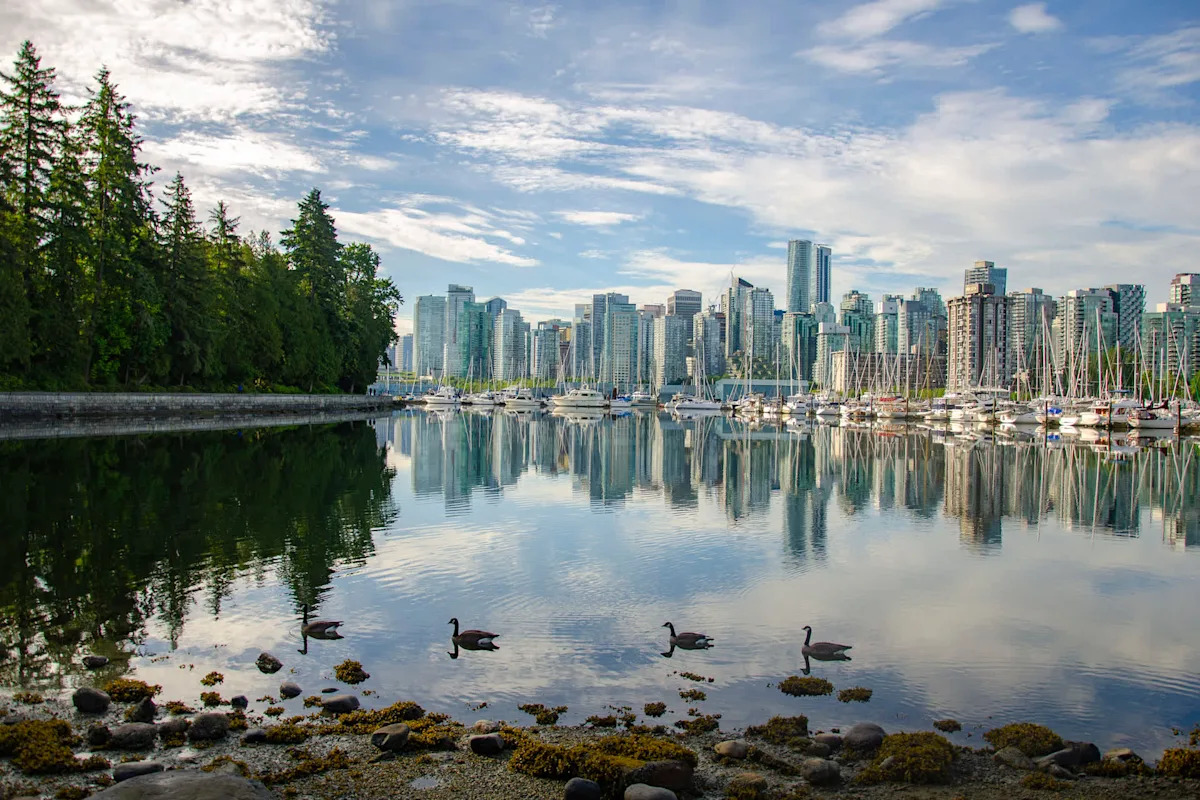It’s a common challenge in public green spaces: how to keep parks open for community enjoyment while also protecting the wildlife and ecosystems that make those places special.
As recreational uses increase, so do the risks — from pollution to habitat disruption — forcing tough decisions about how we share these spaces.
That tension came into focus in Stanley Park in Blackpool, England, where a troubling incident exposed just how fragile that balance can be.
What’s happening?
The Blackpool Gazette reported that a young swan was found dead, its body tightly entangled in a fishing line and its neck pulled backward after a fatal struggle to escape.
The discovery came just days after a temporary ban on fishing in the park was lifted, raising concerns about the immediate impacts of reintroducing recreational activities in designated areas of the park.
According to Brambles Wildlife Rescue, the swan was found in an area where fishing was not permitted. So, not only was the decision to lift the ban in question but also the ability to enforce the rules designed to protect local wildlife.
“Well, it hasn’t taken long for our first victim since the fishing has been allowed back onto Stanley Park lake in a restricted area!” the charity said on Facebook.
Despite new signage outlining permitted and restricted areas, the incident sparked calls for accountability and better oversight.
Why is wildlife protection important?
This is more than just an isolated issue; it’s a symptom of a much larger problem. Discarded fishing line, along with other forms of plastic pollution, poses a persistent threat to both wildlife and the ecosystems we all depend on.
When plastic enters waterways and parklands, it doesn’t simply vanish; it accumulates, entangles, chokes, and kills.
Over time, these materials break down into microplastics, which contaminate soil and water and enter food chains. They have been linked to health issues in both animals and humans.
As swans, ducks, and fish suffer from habitat degradation, we also risk weakening the natural systems that help regulate the climate, purify water, and pollinate our food.
If such happenings continue unchecked, we’re not just losing wildlife, we’re eroding the very environmental safety nets that support healthy communities and a livable future.
What’s being done?
While the swan’s death is tragic, it’s also a reminder that better management of our shared green spaces is urgent.
Solutions including clear signage, strict enforcement, and wildlife-safe infrastructure are already being adopted in some areas.
On an individual level, reducing plastic use, supporting local conservation efforts, and advocating for strong protections can help ensure parks remain safe for both people and wildlife.
Join our free newsletter for good news and useful tips, and don’t miss this cool list of easy ways to help yourself while helping the planet.

